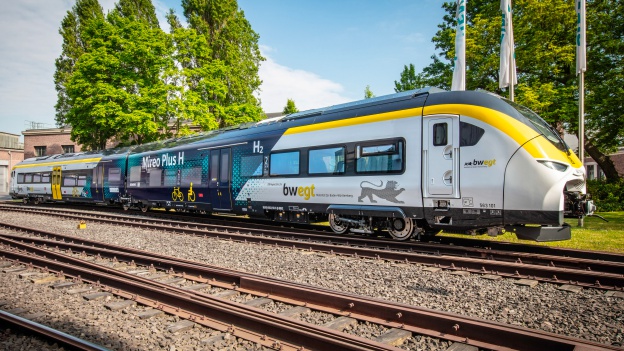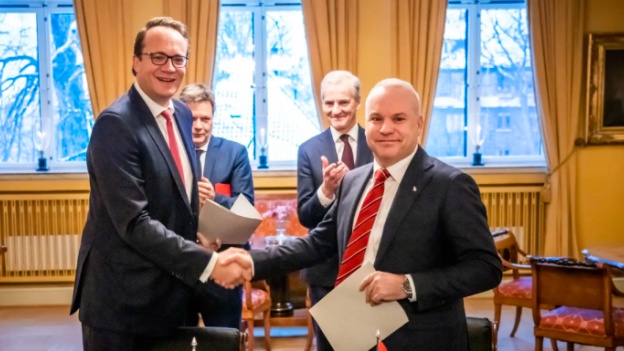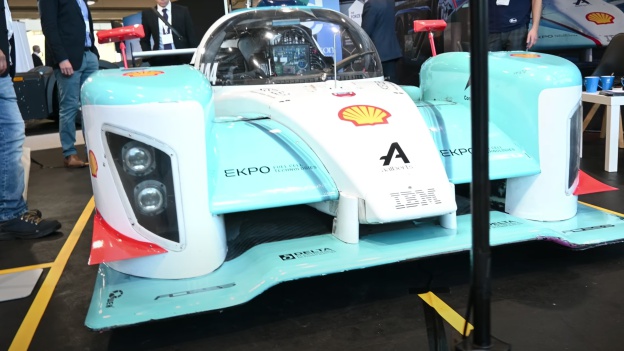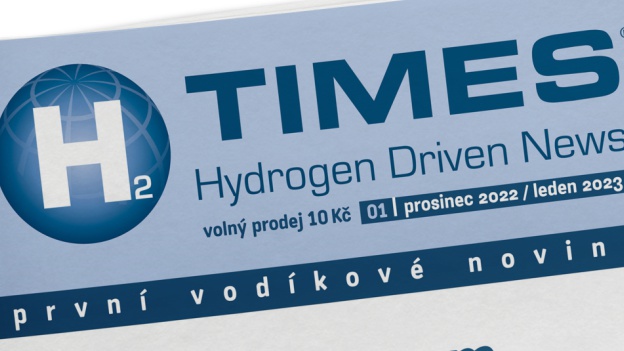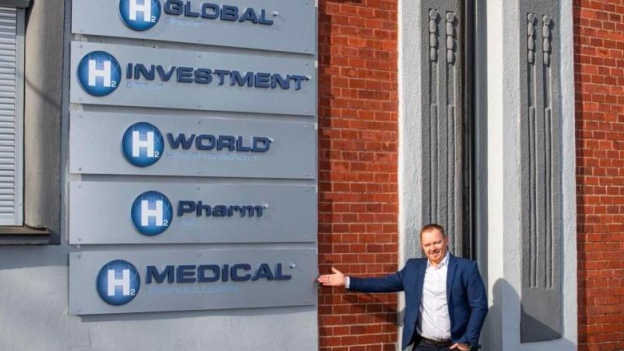Poland is the third largest producer of hydrogen in Europe and can play an important role in the European hydrogen revolution. The country's strengths are its well-developed gas transmission network and the involvement of companies.
Global hydrogen production is currently 115 million tonnes. Almost all of this production comes from fossil fuels, with only about 1% being green hydrogen produced from renewable energy sources. The largest hydrogen producers are currently China (30 million tonnes), the USA (10 million tonnes), Germany (2.5 million tonnes), the Netherlands (1.5 million tonnes) and Poland (1.3 million tonnes). Poland mainly produces so-called grey hydrogen by chemical fission from natural gas or as part of oil refining.
The largest producers are the Polish companies Orlen and Grupa Azoty. However, the development of the renewable energy sector is expected to increase the share of green hydrogen production, which should help Poland decarbonise its industry, transport and energy sectors.
The country is planning billions of dollars of investment in hydrogen
The construction of this new sector of the economy has been slow so far, but has promising prospects. In 2021, Poland was the first country in the region to develop a national hydrogen strategy to 2030, with a view to 2040. Investment expenditure is expected to reach PLN 11 billion (CZK 65 billion) by 2030, with PLN 9 billion (CZK 53 billion) to be spent on low- and zero-emission hydrogen production facilities.
The largest consumers of hydrogen in Poland are the refining and chemical industries (production of nitrogen fertilisers). The demand for green hydrogen may reach up to 200 thousand tonnes in 2030. This will require investments in photovoltaics and onshore wind energy in the order of tens of billions of zlotys.
Green hydrogen should gradually replace the grey hydrogen currently used in the chemical and refining industries. The second area for the use of hydrogen is district heating, where it will replace fossil fuels, coal or natural gas. The third sector is transport (road, rail, sea and air).
Orlen wants over 50 hydrogen stations by 2030
Polish companies are already implementing hydrogen projects. Polsat Plus and ZE PAK Group, for example, have launched the first two publicly accessible hydrogen refuelling stations for cars and buses in Warsaw (September) and Rybnik (October) in 2023. Orlen will open a publicly accessible hydrogen refuelling station in Poznań and Katowice this year. By 2030, it aims to have more than 50 hydrogen filling stations in its network in Poland and more than 100 in Central Europe.
The European Commission has also approved Polenergia's maximum public support of €142.77 million for the H2Silesia project. The plan involves the construction of a 105 MW green hydrogen production facility to meet the needs of heavy industry and zero-emission transport in Upper Silesia. The planned installation will be able to produce about 13,000 tonnes of hydrogen per year. However, there are more plans to use green hydrogen. The booming hydrogen economy in Poland is also an opportunity for Czech companies.
Source: Jaroslav Remes, Economic Diplomat, Embassy of the Czech Republic in Warsaw













